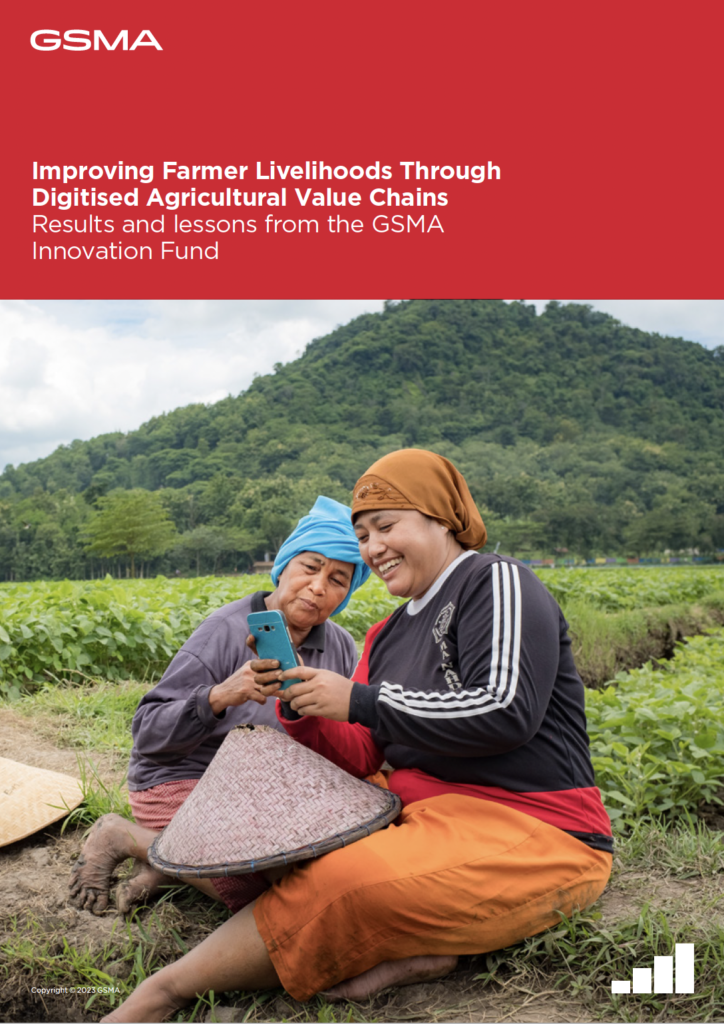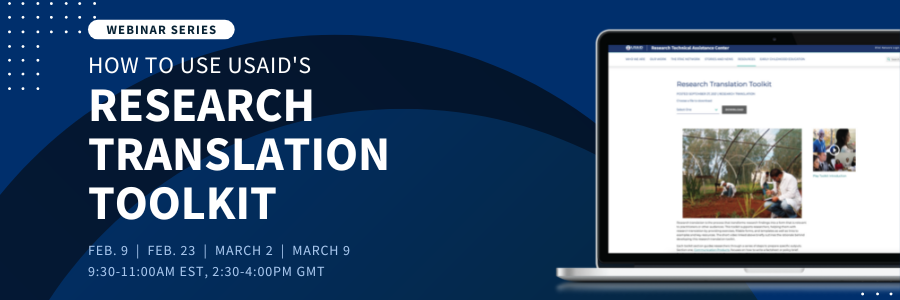Digital agriculture:
AgriTech (2023) Improving Farmer Livelihoods Through Digitised Agricultural Value Chains # 135 p.
WEF (2023) AfCFTA: A New Era for Global Business and Investment in Africa # 38 p.
IUCN (2022) A guide to investing in landscape restoration to sustain agrifood supply chains # 4 p
RSCF (2022) Closing the nature finance gap: practical solutions to mobilize private investment for landscape restoration # 4 p
- This report draws on business intelligence data from 1.4 million digitally profiled farmers and over 500 thousand service users. It shares lessons about business models, service design and user uptake and feedback, and assesses the perceived impact of digital agriculture services on farmer incomes and climate resilience.
- Webinar: 30/03 Scaling impactful digital agricultural services in the last mile
Daniels, C., Erforth, B., & Teevan, C. (Eds.). (2022). Africa–Europe Cooperation and Digital Transformation (1st ed.). Routledge. # 247 p
- This book offers a holistic analysis of how Africa and Europe can manage and harness digital transformation as partners in a globalised world.
- The authors shed light on issues ranging from economic growth, youth employment, and gender, to regulatory frameworks, business environments, entrepreneurship, and interest-driven power politics.
- Book launch: Africa–Europe Cooperation and Digital Transformation
Gouroubera, Moumounia , Okry, Idrissoua (2023) A holistic approach to understanding ICT implementation challenges in rural advisory services: lessons from using farmer learning videos THE JOURNAL OF AGRICULTURAL EDUCATION AND EXTENSION, # 21 p.
IISD (2023) Achieving Sustainable Food Systems in a Global Crisis: Summary Report # 39 p.
- This paper examines the challenges of implementing Farmer Learning Videos (FLV) in Rural Advisory Services (RAS) through a holistic approach. The study focuses on a clear theoretical and managerial question – how do RAS manage FLV that does not easily fit into traditional models?
- Related: Is digitalisation beneficial for small-scale producers? - blogpost 13/03
Paquette, D., Ontieri, E., Day, B., Schmidhuber, J. & Tripoli, M. 2023.Agricultural technology ecosystems in East Africa – Taking stock in Kenya, Rwanda and Uganda. Rome. # 90 p.
Paquette, D., Ontieri, E., Day, B., Schmidhuber, J. & Tripoli, M. 2023. Agricultural technology ecosystems in East Africa: Taking stock in Kenya, Rwanda and Uganda – Summary. Rome, FAO. # 40 p.
Paquette, D., Ontieri, E., Day, B., Schmidhuber, J. & Tripoli, M. 2023. Agricultural technology ecosystems in East Africa: Taking stock in Kenya, Rwanda and Uganda – Summary. Rome, FAO. # 40 p.
- FAO launched an initiative to assess the existing impediments for scaling innovation and technology in food and agriculture (AgTech) and to identify options to improve the enabling environment for AgTech-focused businesses.
- Together with the Yield Lab Institute, FAO’s Markets and Trade Division (EST) developed a methodology for the assessment and applied it in three East African countries: Kenya, Rwanda, and Uganda.
- Related: Is digitalisation beneficial for small-scale producers? - blogpost 13/03
Food Systems
- This report summarizes the evidence-based and costed country roadmaps for effective public interventions to transform agriculture and food systems in Ethiopia, Malawi, and Nigeria
- researchers from IFPRI and IISD, engaged closely with the government, donors, and stakeholders in each country, synthesized the evidence, and then applied sophisticated macro- and microeconomic modeling techniques to identify pathways to provide affordable and healthy diets to all people in an environmentally sustainable way.
- See the webinar which launched the reports 16/03
- IISD (2023) Achieving Sustainable Food Systems in a Global Crisis: Ethiopia # 73 p.
- IISD (2023) Achieving Sustainable Food Systems in a Global Crisis: Malawi # 66 p.
- IISD (2023) Achieving Sustainable Food Systems in a Global Crisis: Nigeria # 65 p.
Wood, A., Queiroz, C., Deutsch, L., González-Mon, B., Jonell, M., Pereira, L., Sinare, H., Svedin, U., Wassénius, E. 2023. Reframing the local–global food systems debate through a resilience lens. Nature Food. DOI: 10.1038/s43016-022-00662-0 # 8 p
- The broader societal debate on how to solve food system challenges is often focused on two dichotomous perspectives and associated solutions: either more localized food systems or greater global coordination of food systems
Agricultural trade
- This report outlines high-potential sectors, initiatives to support business and investment, operational tools to facilitate the AfCFTA, and illustrative examples from successful businesses in Africa.
- Agro-processing has important implications for African food security, job creation and poverty reduction. Boosting it adds value to an already competitive agriculture sector.
Landscape restoration
RSCF (2022) Closing the nature finance gap: practical solutions to mobilize private investment for landscape restoration # 4 p
UNEP (2022) The State of Finance for Nature # 70 p.
The Research Translation Toolkit is particularly relevant to those supporting or implementing research projects who can benefit from step-by-step guidance on communicating key messages to the right decision makers.
- The State of Finance of Nature tracks global trends in public and private investment in nature-based solutions, aiming to improve data quality and identify opportunities for governments, businesses, and financiers.
- See: 7/03 Global Landscapes Forum: Finance for nature: What comes next?
World Bank (2022) Scaling up ecosystem restoration finance – A stock take report # 63 p.
- This report provides an overview of the current challenges to and opportunities for increasing public and private investment in restoration.
- RTAC (2021) Communication Products Section guide 51 p.
- RTAC (2021) Stakeholder Analysis 50 p.
- RTAC (2021) Research-to-Action (R2A) Plan 53 p.








No comments:
Post a Comment